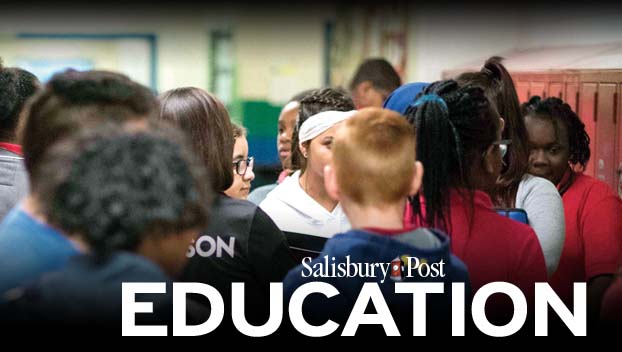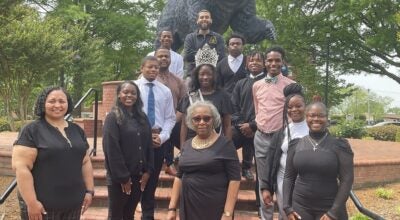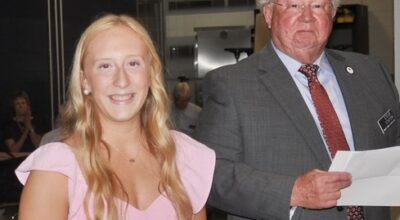RSS gets clean audit, firm says no misappropriations of school funds
Published 12:10 am Wednesday, October 27, 2021
SALISBURY — Rowan-Salisbury Schools received a clean audit report for the fiscal year that ended in June despite a finding noted by the accounting firm that completed the report.
The finding was that expenditures of the district were understated in the final budget amendment presented to the RSS Board of Education. District Chief Finance Officer Carol Herndon told the Board of Education the finding was likely related to the one-time bonuses approved for all staff in late June. Reports signed by the auditing firm Anderson, Smith and Wike say the same.
The difference was $536,858 in expenditures from the general fund, which had a total of $40 million. The district’s total budget at the end of the fiscal year totaled nearly $300 million due to the mass infusion of federal money from a grant and COVID-19 relief funds.
Herndon said the district has a 13th period in July to make adjustments to its revenue and expenses with the state. The actual expenditures were reported in the district’s final financial statements, she said.
Mike Wike, of the accounting firm Anderson, Smith and Wike, told the board Herndon’s summation of the finding was good. Wike noted the audit report includes three letters that address the issue and agree there is no evidence of misappropriation of funds. This is the most common type of finding for school districts, Wike said.
Board attorney Ken Soo said the report has been submitted to the Local Government Commission.
Public school districts, municipalities and counties are all required to undergo annual independent audits.
In other meeting news:
• The Board of Education received a report on an annual accountability report provided by the state based on test scores. Superintendent Tony Watlington noted the district has been cautioned against using the results as a point of comparison against previous school years because of a statewide drop and changes to testing requirements unique to last year, but the administration thinks the data has an impact on how it moves forward.
Scores were down, but he noted a small narrowing in the gap between RSS and the state average for test scores. The district’s graduation rate also remained steady.
Watlington walked the board through data presented elsewhere about the changing demographics of the district, with the percentage of white students rapidly declining and a significant growth in the percentage of Latino students. He also walked the group through differences in performance of students by racial group, noting the goal to increase the performance of all students while also closing the performance gaps between white and minority students.
• Chief Academic Officer Jason Gardner talked to the board about improving literacy in Rowan-Salisbury Schools through the science of reading, base of research and instructional practice that is becoming the standard in education.
The practice looks at phonics, phonemic awareness, comprehension, fluency, listening, speaking and vocabulary.
The practice has been pushed for by State Superintendent Catherine Truitt and was discussed with Watlington briefly when he gave a presentation to the N.C. Board of Education in September.
The state has shown declining or stagnant proficiency in reading during going back to 2015. Gardner pointed to the success of Mississippi, which climbed from 49th in the country in fourth grade reading in 2013 to 29th in 2019.
Implementation is part of the strategic plan. A draft goal in the plan is to improve literacy of all third grade students by 12% by 2027 and to narrow the gap between Black and white students by 10% in the same period.







